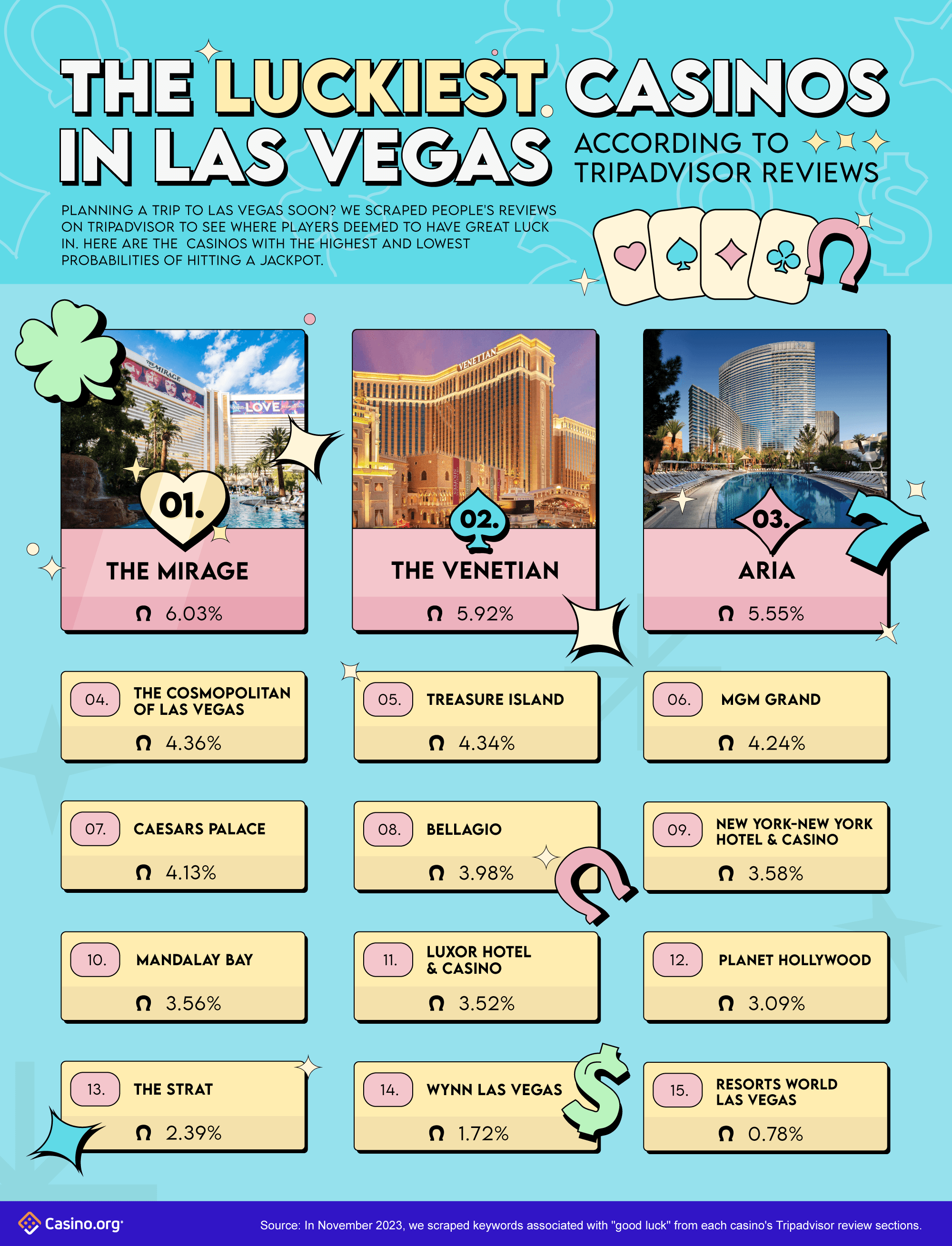
Casino games have enthralled players over the ages, evolving from basic recreational activities to sophisticated forms of entertainment that combine fortune, tactics, and amusement. From the historical origins of gambling in civilizations such as ancient Mesopotamia and Rome to the glitzy corridors of modern casinos, the history of these games shows much about human nature and our interaction with chance. As societies have intertwined and technological advancements have occurred, casino games have transformed, mirroring shifts in society and innovations in gameplay.
The earliest forms of gambling likely included basic dice games and betting on the outcomes of sports competitions. As time passed, these early games grew into better-organized games like card games, the game of roulette, and the myriad one-armed bandits that populate casino floors today. Each period brought its distinct regulations, visual styles, and cultural importance. Today, casino games continue to evolve with the rise of digital gaming platforms, enabling players from all corners of the globe to engage in a collective experience, further blending the traditional with the modern era.
Early Origins of Casino Activities
Casino games have foundations that stretch back to historical societies, where betting was strongly embedded in social practices and social customs. The first known forms of gambling appeared in ancient Mesopotamia around 3000 BC, involving primitive dice games made from bone bones. These primitive activities laid the foundation for more complex betting games, reflecting human beings’ natural urge to pursue fortune and amusement through luck.
As societies evolved, so did their gambling pursuits. In ancient China, around 2300 BC, tiles were discovered that resembled early basic versions of a lottery game game. More structured instances of betting arose in the Roman civilization, where games of luck were a popular recreation, often taking place in community events. The ancient Romans developed different wagering games, which entailed die and table activities, showing the pervasive nature of betting across various social classes.
With the passage of years, these primitive activities shaped the progress of modern gambling activities. In the medieval period, playing card games grew prevalent in Europe, paving the way for the organized gaming establishments we know today. The transition from casual gambling to formal gaming in pubs and private houses marked a major change in how people engaged with games of chance, leading to the subsequent creation of gaming houses as dedicated venues for gambling. vinbet
The Growth of Modern Gambling Industry
The late 20th century marked a significant shift in the realm of gaming, driven by technological advancements and transformations in societal views towards wagering. The introduction of personal computers and the internet transformed the way players engaged with their beloved casino games. Virtual casinos emerged, allowing players to enjoy timeless table games like Texas Hold’em and blackjack from the convenience of their homes. This new digital landscape not only broadened availability to gambling options but also drew in a newer crowd who found the comfort and variety attractive.
As digital gaming gained popularity, so did advancements in casino tech. The creation of advanced programs and visual elements converted classic gambling games into immersive experiences. Gamblers could now connect with authentic live dealers through live streaming, importing the atmosphere of brick-and-mortar casinos directly into their houses. https://vinbet.click/ This blending of live gaming with digital interfaces created a novel combination that boosted the community element of gambling, allowing it possible for individuals to engage and compete with others around the planet.
Moreover, the emergence of mobile gaming substantially changed the casino landscape. With the ubiquitous use of mobile phones and touch devices, gamblers can play their preferred gaming options everywhere, at any time. Mobile applications offer a vast array of games optimized for touchscreens, catering to the fast-paced daily life of contemporary gamers. This easy access has produced rising involvement in gambling, driving the surge of the gambling sector. As a result, the outlook of gambling continues to progress, adapting to new technologies and shifting consumer preferences.
How Technology Influences Casino Games
The evolution of technology has significantly transformed casino games, enhancing the overall gaming experience for players around the world. As the internet emerged, online casinos were created, allowing players to play their preferred games from the comfort of their homes. This shift not only made casino games more accessible but also increased the variety of games available, as online platforms could offer many different versions of traditional games without the limitations of physical casinos.
The rise of mobile technology further revolutionized the casino gaming landscape. As smartphones and tablets became widespread, players now have the ability to play casino games whenever and wherever they want. This flexibility has led to the development of dedicated mobile applications and optimized websites that offer smooth gaming experiences. Additionally, innovations such as live dealer games have delivered the authentic atmosphere of a casino into players’ living rooms, bridging the gap between physical and online gaming.
Moreover, advancements in artificial intelligence and virtual reality are paving the way for the next generation of casino games. AI enhances game design and player interaction, creating customized experiences based on user behavior and preferences. Meanwhile, virtual reality offers immersive environments where players can engage in a virtual casino environment, making the gaming experience more engaging and realistic. As technology continues to evolve, the future of casino games looks promising, filled with endless possibilities for innovation and entertainment.